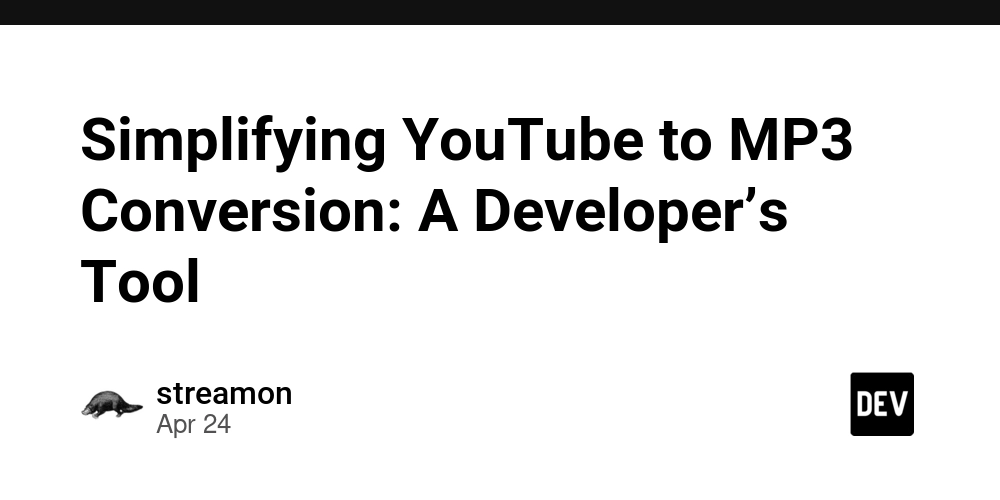Open non-assigned seating: What are reasons companies push this on their people? [duplicate]
My company’s management (aka, “Leadership”) has decided to implement non-assigned seating. I come in every day and wander around for 10 minutes before I find a place to sit. Initially, I felt like a bag-person, toting all my worldly (office-ly (?)) possessions home with me every night and back in again in the morning. With difficulty, we managed to get a place to store things overnight, but we still don’t have a fixed place to sit. As would be expected, the good places get consumed quickly and people that are not early risers (or like to avoid rush hour) get the leftovers with uncomfortable chairs or next to the break room or something. I understand this is becoming common but what I want to know is how anybody can rationalize it. We are having a “Town Hall” meeting with upper management and it would be interesting to ask. I would like to have a clue how they will tell me how great it is to allow phrasing a question to avoid the usual answers. I expect somebody convinced them they could save money this way. They won’t admit that in a million years. It is easy to see the lower check for real-estate but hard to measure loss of productivity.
My company’s management (aka, “Leadership”) has decided to implement non-assigned seating.
I come in every day and wander around for 10 minutes before I find a place to sit. Initially, I felt like a bag-person, toting all my worldly (office-ly (?)) possessions home with me every night and back in again in the morning. With difficulty, we managed to get a place to store things overnight, but we still don’t have a fixed place to sit. As would be expected, the good places get consumed quickly and people that are not early risers (or like to avoid rush hour) get the leftovers with uncomfortable chairs or next to the break room or something.
I understand this is becoming common but what I want to know is how anybody can rationalize it.
We are having a “Town Hall” meeting with upper management and it would be interesting to ask. I would like to have a clue how they will tell me how great it is to allow phrasing a question to avoid the usual answers.
I expect somebody convinced them they could save money this way. They won’t admit that in a million years. It is easy to see the lower check for real-estate but hard to measure loss of productivity.


































































